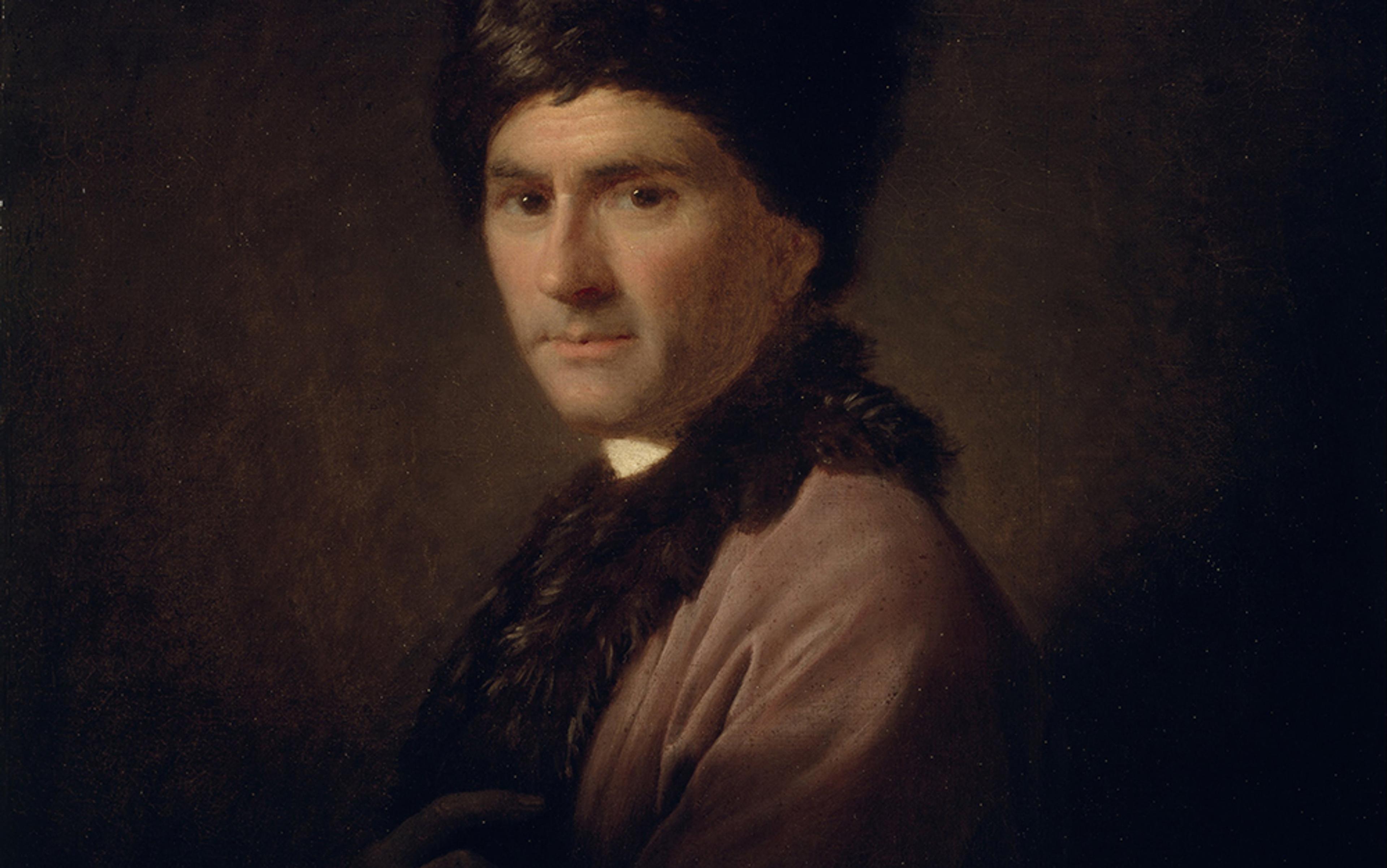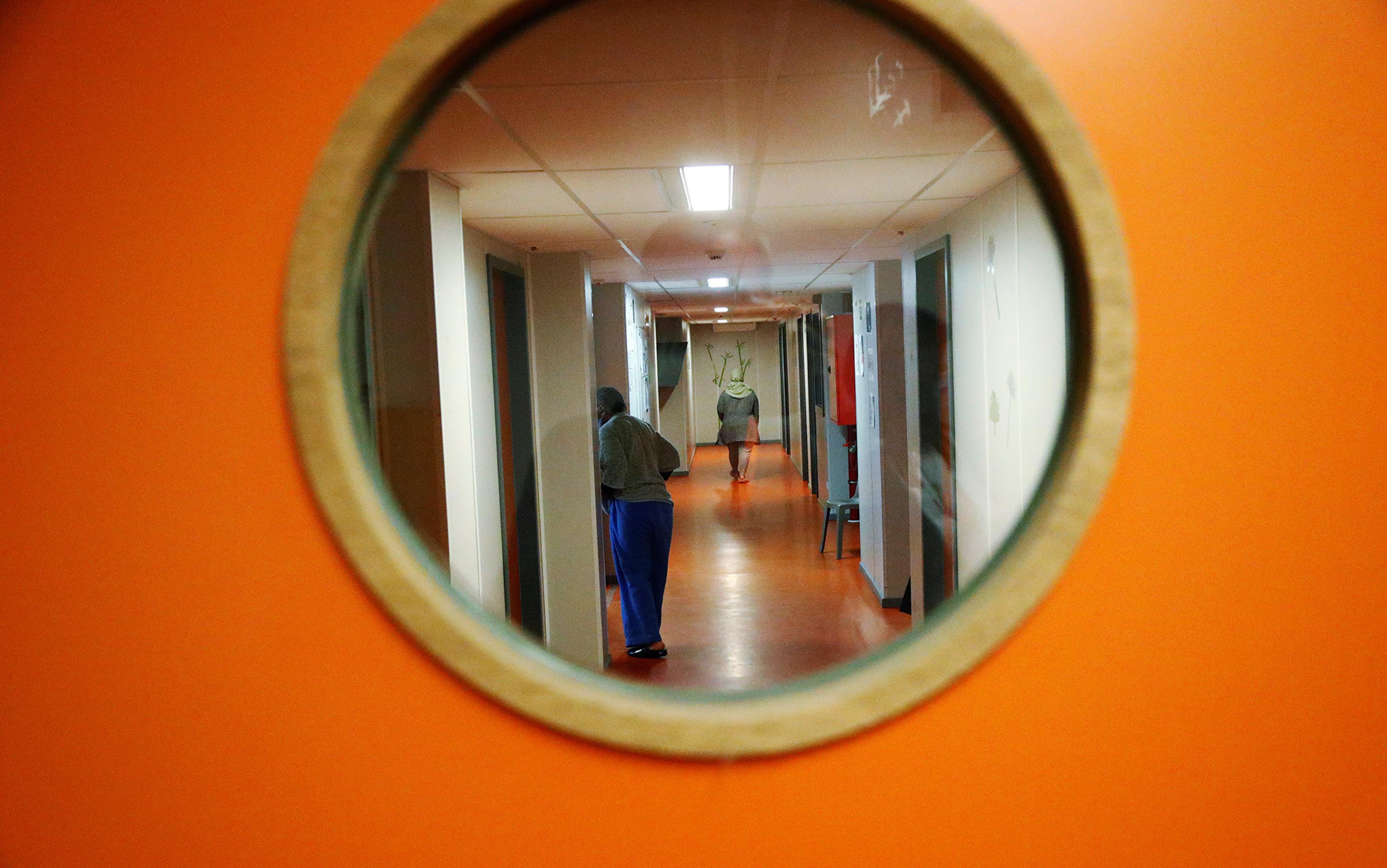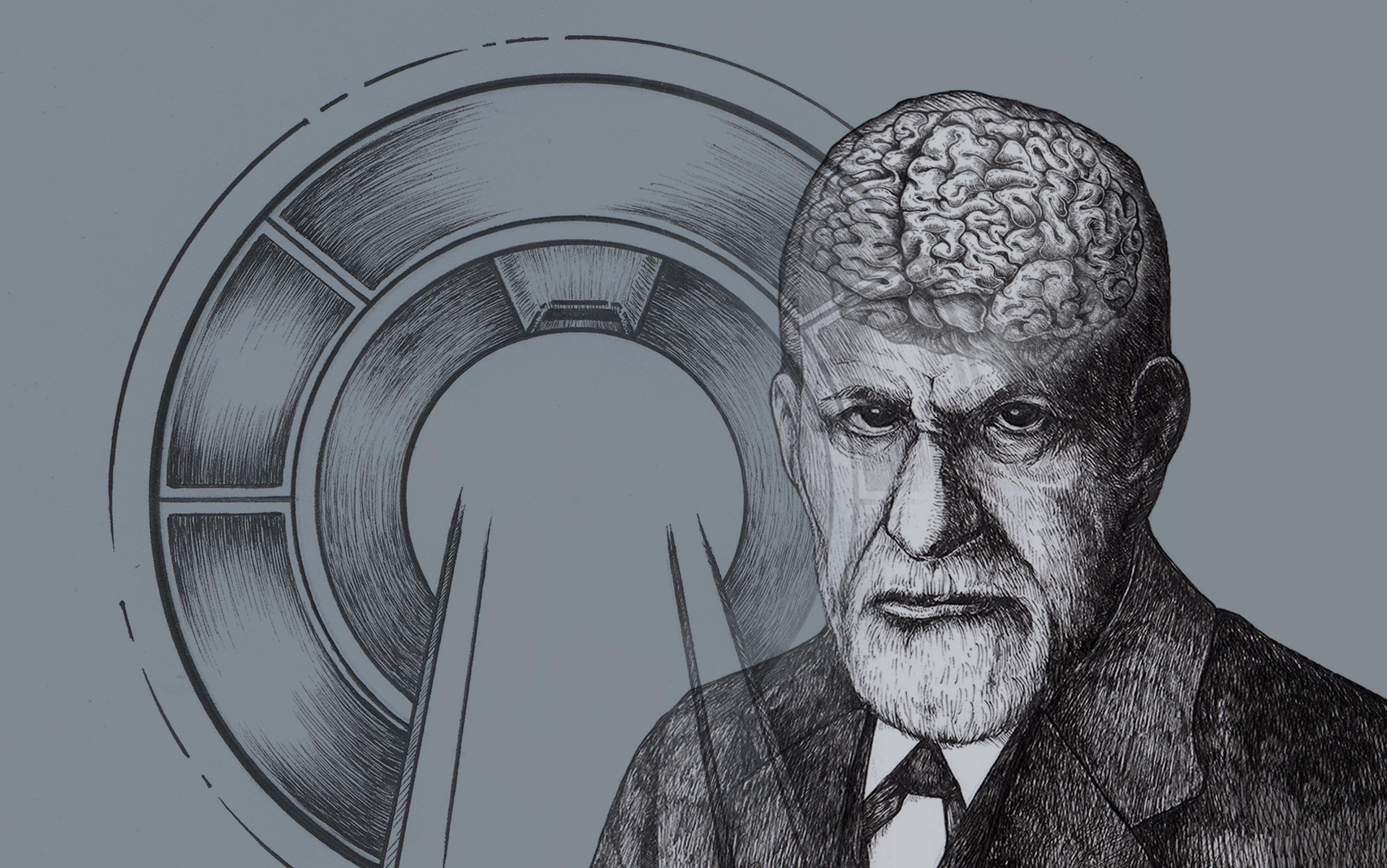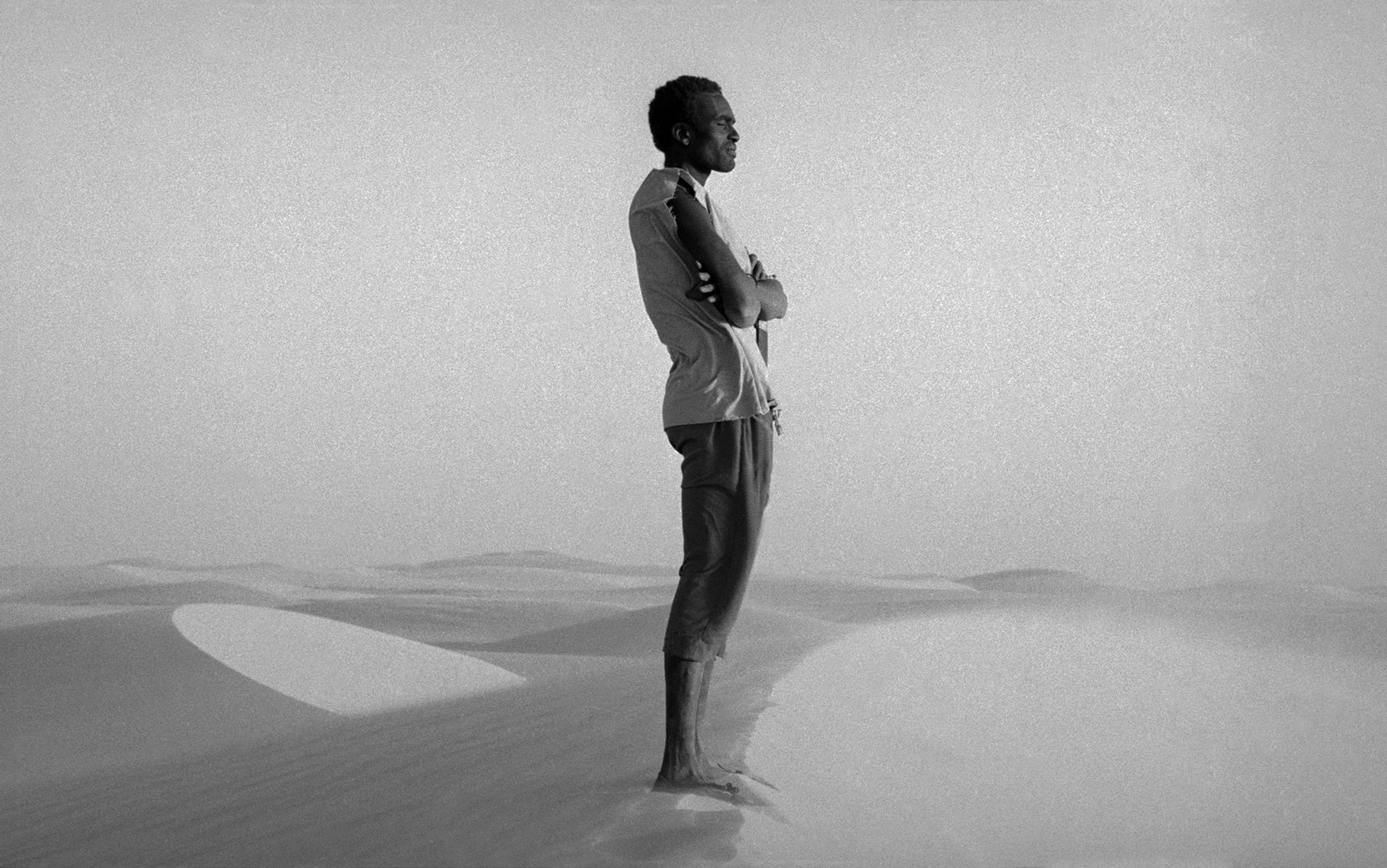By the time the philosopher Jean-Jacques Rousseau arrived in Paris, aged 30, hoping to make his name with a new system of musical transcription, he had accomplished nothing of any note.
In the 15 years since fleeing his home city of Geneva – leaving friends, family and country simply to avoid a beating from the engraver to whom he was apprenticed – this spirited young man had bounced between northern Italy, Geneva and southern France, working as a servant, a surveyor, a secretary, a tutor, a music master, even for a short while training as a priest.
Time after time, he missed his big break. At one point he was taken up by an illustrious family in Turin who, spotting his talent, aimed to develop him as a private diplomatic agent. It was not to be: Rousseau fell under the spell of a clownish young friend and left to trek on foot back to Geneva, hoping to make a living along the way displaying his Heron’s Fountain, a hydraulic toy he had been given.
Rousseau knew better than anyone what was happening.
In his autobiography, Confessions, the description is clear: ‘To understand the full extent of my delirium at this moment you would have to know how easily my heart is fired by the least thing and with what energy it plunges into imagining the object that attracts it, however worthless this object may sometimes be,’ he writes. ‘A mere nothing will distract me, change me, charm me, fire me, and all else is forgotten. I can think of nothing but the new object of my passion.’
Rousseau calls it his ‘restless temperament… this vast chaos of sentiments… my idiosyncracies … traits of character… peculiar to me’. Today, we would call it Attention Deficit Hyperactivity Disorder (ADHD) or, using earlier terminology, just Attention Deficit Disorder (ADD).
For Ellen Littman, a clinical psychologist who works with the ADHD gifted, the signs are unmistakable. ‘Rousseau is really classic in both of those things: both in all of the parts of ADHD that can get in your way and all the parts that allow you to be brilliantly creative.’
Ned Hallowell, a psychiatrist who has changed the conversation through his best-selling books on ADHD, agrees: ‘It’s a slam-dunk. The characteristics are all there, including the positives: immense creativity, originality, a sense of a bold visionary mind, breaking new ground. And then, the frustrations of riding on the back of your racing brain.’
Rousseau, who rivals Voltaire as the leading figure of the French Enlightenment, certainly broke new ground. His opera, The Village Soothsayer, performed when he was 38, made him, by his own account, the most sought-after man in Paris. It so enchanted King Louis XV that he offered Rousseau a lifelong pension (which, to the astonishment of all, he refused).
His political books – chiefly The Social Contract, which argued that only the people, and not the monarch alone, have the right to set the laws in a just state – inspired both the French Revolution and the writers of the US Constitution. His sentimental novel Julie, which describes a frustrated love triangle set in the foothills of the Alps, was one of the best-selling works of the 18th century.
Could this extraordinary output really have been achieved by someone with a condition which the American Psychiatric Association, in its latest Diagnostic and Statistical Manual of Mental Disorders, Fifth Edition (DSM-5), describes as a ‘neurodevelopment disorder’ leading to ‘clinically significant impairment in social, academic or occupational functioning’? Could these works of genius emerge in the face of a diagnosis that psychologist Russell Barkley, the lead DSM cataloguer, says renders those who have it ‘not as creative or inventive’ as others of their intelligence?
For Littman, currently writing a book on successful people with the condition, the answer is a resounding Yes.
He rattled through charges against Rousseau: frequent masturbation; predilection for flashing genitalia at women; sending all five of his children to a foundlings home within days of their births
‘The wiring of the ADHD brain allows non-linear thinking, which has its advantages and disadvantages,’ Littman explains. ‘But to come up with new ideas, you have to be willing to move away from linear thinking and go outside of the box and look at stimuli and rearrange them in a new way. That is basically how all of our innovators and entrepreneurs work.’
Most philosophers, drawled my university philosophy lecturer, ‘are kind and gentle souls: the kind of person you would bring to tea with your grandmother. Jean-Jacques Rousseau was a notable exception.’
He rattled through the charges against Rousseau guaranteed to hold an undergraduate’s attention: his admissions of frequent masturbation; his youthful predilection for flashing his genitalia at young women from dark alleys; his enduring yearning to be the sub in a sadomasochistic relationship; and, most damning, his sending all five of his children to a foundlings home within days of their births.
It was the most memorable 45 minutes of my four-year degree, but I found myself bristling in Rousseau’s defence. How could you so brusquely bear judgement on the character – even the soul – of a man on the basis of a handful of embarrassing acts?
Years later, when I read Confessions, I experienced a powerful sense of recognition. The experiences Rousseau described were terrifyingly familiar, particularly his social awkwardness and the fact that he often appeared rather dull-witted.
‘When moved by passion, I can sometimes find the words for what I need to say, but in ordinary conversation I can find nothing, nothing at all,’ he complains. ‘I know no constraint more terrible than that of having to go on conversing, on the spur of the moment and for ever … I do not know if this is because of my mortal aversion to all forms of compulsion; all I know is that the moment I am absolutely obliged to say something, I infallibly utter some stupidity.’
It was only last year, when I was diagnosed with ADHD myself, that I realised that it was this (and not, sadly, creative genius) that we had in common. I had chanced upon an article on the working habits of philosophers that mentioned Rousseau’s ADHD, citing his complaint of not being able to read dense texts for longer than half an hour without losing focus.
I rushed back to Confessions to discover that the book is shot through with ADHD from start to finish. Take almost any of the diagnostic criteria from DSM-5 and you can find it discussed in detail.
‘How often do you fidget or squirm with your hands or feet when you have to sit down for a long time?’ goes one of the questions in the diagnostic questionnaire developed for clinicians by Barkley.
‘I can hardly think at all when I am still,’ Rousseau writes. ‘My body must move if my mind is to do the same.’
‘How often do you make careless mistakes when you have to work on a boring or difficult project?’ asks the Barkley test.
‘I find the tedium of a long job so distracting that I spend more time scratching out what I have written than copying,’ Rousseau writes of his day job copying music manuscripts.
‘How often do you have difficulty unwinding and relaxing when you have time to yourself?’ Barkley asks.
‘I like, for example, the pleasures of the table… but I can enjoy them only when I am with a friend,’ says Rousseau. ‘It is no good when I am on my own, since then my imagination is so preoccupied with other things and I take no pleasure in eating.’
There is so much detail in Confessions that you immediately recognise a kindred spirit if you have been diagnosed with ADHD yourself. Rousseau describes carrying a cup-and-ball toy in his pocket to fiddle with in the social situations he found so intolerable. In later life he eccentrically took up weaving ribbons ‘as the women do’ to provide a similar distraction. He several times embarks on a journey intending to go to one place, only to end up somewhere completely different.
It is always encouraging for those with ADHD to discover talented figures wrestling with the same traits: the inventor Thomas Edison almost certainly merits a diagnosis. The pop singers Will.i.am, Justin Timberlake, Justin Bieber and Robbie Williams all openly talk about theirs, as do high-octane entrepreneurs such as airline founder David Neeleman and Kinko’s founder, Paul Orfalea.
What makes Rousseau different is the detail with which he wrote about it, nearly 200 years before it got its medical name, turning his penetrating intelligence inward on himself, and analysing his ADHD traits in detail.
‘I feel my heart and I know men,’ he writes in the opening paragraphs of Confessions. ‘I am not made like any that I have seen; I venture to be believed that I was not made like any that exists.’
But he was wrong. Perhaps as many as one in 20 people – those with ADHD – were and are in important respects very much like him.
That someone with a condition associated with difficulty completing tasks could manage to write so many books (several of them rather long) should not be seen as evidence against Rousseau’s retrospective diagnosis. Instead, it reflects just how inadequate the label Attention Deficit Hyperactivity Disorder is.
Rather than being a deficiency in attention, ADHD is actually more an unevenness. According to Littman, the brains of people with ADHD have an imbalance in the interplay between the neurotransmitters dopamine and norepinophrine, creating a situation in which an experience or activity must be more stimulating in order to draw and hold their attention or enable optimal focus.
This neurotransmitter imbalance also leads to ‘novelty seeking’. In fact, one variation of the DRD4 gene for dopamine receptors, called the ‘7-repeat allele’, has been associated with some forms of ADHD characterized by wanderlust. Those with the so-called ‘explorer gene’ appear compelled to move between houses, cities, and countries (as Rousseau certainly did). People with ADHD continually scan their environments and minds to search out the stimulating thoughts and experiences that they need in order to fire up their brains and fully engage with the world. This brings a higher likelihood of ending up in prison or addicted to drugs. But it also brings a compulsive fixation on what is surprising, dramatic, or controversial.
If, like Rousseau, you work in the arts, literature or philosophy, this is not a bad recipe for success.
When everyone else was composing formal French operas, Rousseau used lively Italian rhythms and mimicked natural patterns of speech for the music in his Village Soothsayer, making it sensationally new. When his fellow French philosophers were using reason to test the ideas and assumptions of 18th-century France, Rousseau went one further and applied it to those of the Enlightenment itself.
While this kind of mind might find it difficult to concentrate on mundane everyday tasks, many people with ADHD find that when something engages them they are deft at entering a state of immersive attention called ‘hyperfocus’. Hallowell and others have identified hyperfocus with ‘flow’, the near selfless zone of artistic creation described by the Hungarian psychologist Mihaly Csikszentmihalyi.
The reports are backed up by brain scans: when confronted with a boring task, there is less activity than in people without the condition. But when they are hyperfocusing, ADHD brains light up to a visibly greater extent.
This must have happened to Rousseau often. In his Confessions, he describes writing his first opera, The Gallant Muses. ‘I made a tentative start on the first act and was soon overtaken by an ardour that was my first taste of the delights of creative fervour,’ he writes. ‘I composed rapidly, in the space of seven or eight hours, the best part of my first act.’
When I arrived in Vincennes I was in a state of agitation bordering on delirium …My feelings, with incredible rapidity, had soon risen to the same pitch of fervour as my ideas.
Perhaps the most important aspect of ADHD creativity is the way ideas strike like epiphanies, lighting up the brains of people with the condition in a rush of excitement and activity, almost compelling them to try to turn them into reality. Rousseau describes stumbling upon the title of a prize essay competition in a newspaper while walking in the searing heat to visit his friend Denis Diderot in prison outside Paris. ‘Has the progress of the arts and sciences contributed more to the corruption or purification of morals?’ the question read.
‘The moment I read these words I saw another universe and became another man,’ Rousseau writes. ‘When I arrived in Vincennes I was in a state of agitation bordering on delirium.’
Diderot encouraged him to follow his urges and enter the competition. ‘I did so, and from that moment on I was lost,’ Rousseau continues. ‘My feelings, with incredible rapidity, had soon risen to the same pitch of fervour as my ideas. All my little passions were stifled by my enthusiasm for truth, for liberty, for virtue…’
People with ADHD often experience their new ideas as ‘mini-epiphanies’, but those Rousseau describes seem so powerful and transformative that Littman suspects ADHD, which is more of a cognitive than an emotional condition, is not the whole story.
‘I would say that more than 45 per cent of those who come to my practice also have some kind of bipolar thing going on, and that is my suspicion here,’ she says. ‘When you add bipolar, you’re simply adding the mood piece on top of it. The idea is larger and more exciting but it can also become more all-enveloping, and thwart good judgement to an even greater extent.’
Rousseau’s ADHD – though it wasn’t defined like that back in the day – became apparent to him the moment he left his relatives and family friends, where he was loved and free, for the constraints of his two unfinished apprenticeships. ‘The job seemed to me tedious, intolerable,’ he writes of his months with the clerk at the Geneva law courts. ‘The diligence it demanded of me and the constraints it imposed repelled me to the point where I never entered the clerk’s office without a sense of loathing.’
The clerk berated Rousseau’s uncle for the ‘dullness and stupidity’ of the teenager he had been sent, complaining he had ‘promised him a smart boy but had sent him an ass’.
Rousseau’s second apprenticeship, to an engraver, went still worse, with the boy starting to steal compulsively, read when he should have been working, and engrave pretend medals using his master’s equipment and materials.
It’s a story that will be horribly familiar to today’s parents of ADHD children. The solution Rousseau found for himself – running away from his city and country at the age of 16, and being taken in as a sort of toy-boy by a 29-year-old in France who had been permanently estranged from her husband – probably isn’t one most would wish for.
But it worked for him. His benefactress gave him the freedom he needed and soon he was surrounded by books and music, deeply engaged in a succession of passions – high-level maths, chess, philosophy, literature.
‘I have never managed to learn anything from any of my teachers,’ Rousseau explains in Confessions (making exceptions of his two boyhood tutors). ‘My mind, impatient of any constraint, refuses to subject itself to the discipline of the moment. Even the fear of not learning makes me inattentive. Anxious not to irritate my teacher, I pretend to understand; he continues and I understand nothing. My mind insists on moving at its own pace, and will not submit to anyone else’s.’
Rousseau’s success in catching up on his abandoned education by studying alone does not mean his ADHD did not continue to cause him problems into adulthood. Readers always remember the bombshell intros: ‘Man is born free and everywhere he is in chains’ from The Social Contract, where he argued that only the people could be sovereign in a just state. Or ‘I am resolved on an undertaking that has no model and will have no imitator’ from Confessions.
But Rousseau couldn’t keep it up. The second part of Confessions, as he admits in the text, is not anywhere near as polished as the first. And The Social Contract was originally to have been part of a larger, more ambitious work called Political Institutions. Confessions was intended to have a third part, to be completed during his exile in England. Neither got written.
Seated at my table, with my pen in my hand, I have never been able to achieve anything. It is when I am out walking among the rocks and the woods that I write in my head
Rousseau found the drudge work of writing agonising. ‘It is with unbelievable difficulty that my ideas arrange themselves into any sort of order in my head,’ he complains. ‘They circle there obscurely, they ferment to the point where they stir me, fire me, cause my heart to palpitate; and in the midst of all this emotion I see nothing clearly; I cannot write a word, I must wait. Imperceptibly, the great movement subsides, order succeeds chaos, everything finds its proper place; but slowly, and only after a long and confused agitation.’
The initial part is ‘really unpleasant, and he describes it as unpleasant,’ Littman says. ‘Everyone wants to get to the part where you can hyperfocus. But before you can hyperfocus on something new, you have to allow in those new ideas and let them gel and come together in some amazing new way.’
Rousseau’s remedies might be familiar to those with ADHD. He was a prodigious walker. In his late 20s, he would rise early and roam the foothills of the Alps for several hours before breakfasting and settling down to his books. ‘There is something about walking that animates and activates my ideas,’ he writes. ‘Seated at my table, with my pen in my hand and my paper in front of me, I have never been able to achieve anything. It is when I am out walking among the rocks and the woods, it is at night, sleepless in my bed, that I write in my head.’
Now we know why. Exercise elevates the brain’s levels of dopamine, norepinephrine, and endorphins, making people with ADHD less impulsive, and better able to pay attention to what they are working on.
Rousseau also kept his mind alert by frequently switching between tasks. ‘After following a few pages of an author who must be read with attention, my mind wanders off and becomes lost in the clouds,’ he writes. ‘But if different subjects follow one upon the other, even without a break… I find that, without needing any rest, I can follow all of them more easily.’
This topic-switching is even more dramatic when viewed over a lifetime. He began his Paris career with four or five years as primarily an operatic composer, then spent four or five years as a radical political writer, then an educational theorist, then a sentimental novelist, ending his life with his Confessions.
Rousseau’s decision to follow rather than fight these impulsive seismic switches in direction is, in the opinion of Hallowell, a strategy people with ADHD today should learn from, however crazy it may look. ‘Follow your enthusiasms,’ he advises. ‘Otherwise you’ll just create friction. The ADD mind is like a toddler at a picnic, it goes where curiosity leads it. I’ve got ADD myself, and I’ve written 20 books about all kinds of different topics: whatever interests me.’
Where Rousseau spectacularly failed to manage his ADHD characteristics was in his private life. When reading Confessions, it is easy to forget poor Marie-Thérèse Levasseur, the near-illiterate seamstress with whom he lived for his last 33 years. Rousseau certainly did.
In middle age, he became infatuated with a much younger woman, which sent him into months of swooning fantasy. He then wrote Julie, a love novel so sentimental (and successful) that women across Europe sent him sensuous and devoted letters. At the same time, he had decided (apparently unilaterally) to stop having sex with Thérèse to prevent himself fathering further unwanted children.
Only three or four years after all of this – which he describes in his Confessions with barely a mention of Thérèse – does he notice ‘a growing coolness’ in her.
‘That’s really typical of ADHD, and to a much larger extent bipolar,’ Littman says. ‘That he did not even see the connection between stopping having sex with his wife and her being cranky is a real bipolar story. Everyone I see, I always see their significant other, and they all have that same exact complaint: “This person doesn’t listen to me, and they’re not here for me, and they’re all about themselves.”’
No master could have set a man with Rousseau’s temperament on the path to 60 years patiently engraving watchcases. The question is whether the steady job and family life he craved would have been more in reach today
Thérèse stuck by him to the end. Given her poverty-stricken background and that, in Rousseau’s words, she was ‘limited’ and ‘stupid’, unable to tell the time or recognise numerals, he may have seemed a good catch.
He had less luck hanging on to his friends. In Confessions, he falls out with or otherwise abandons almost everyone he ever gets close to. At the end of his life he harboured a succession of paranoid fantasies that his estranged friends were banding together in a shadowy conspiracy to isolate him; sometimes this involved religious orders such as the Jesuits or Jansenists.
Littman suspects that Rousseau underestimated the degree to which he made enemies by being compulsively provocative, both in person and in print.
‘It was the only way in which he could keep his brain active and stay in the room,’ she argues. ‘To him it doesn’t feel personal or adversarial, but the people who are experiencing him are experiencing attacks, and that’s how some of that persecution stuff starts coming in.’
The tragedy is that Rousseau did not seem to think the enormous literary fame he acquired in his lifetime made up for any of this. In Confessions, he idolises the simple, honest life he left behind when he fled Geneva. ‘Nothing could have been more congenial to my temperament nor more conducive to my happiness than the peaceful and obscure condition of a good artisan,’ he writes, blaming the bullying engraver to whom he had been apprenticed as a teenager for the ‘melancholy tale’, full of ‘miseries’, that was to follow.
‘I could have been a good Christian, a good citizen, a good father, a good friend, a good worker, a good man in all ways,’ he writes.
‘ADHD individuals can find it hard to take responsibility for their impulsive actions and may project blame onto others,’ Littman states.
And the truth is that no master, however benign, could have set a man with Rousseau’s temperament on the path to 60 years patiently engraving watchcases. The question is whether the steady job and family life he craved would have been more in reach today. If he had been born in the modern US, or indeed in Switzerland, his ADHD would have been picked up in elementary school, his bipolarity probably somewhat later. Rather than struggling to understand and manage his unruly mind, he would have been told he had a disorder and given treatment, probably stimulant medication such as methylphenidate (Ritalin) or dexamphetamine (Adderall) and later a mood stabiliser such as lithium, although that can be a difficult combination to manage.
It still would not have been easy, but would a Rousseau today have been better able to enjoy both good relations with family and friends and a fulfilling, creative life?
According to Littman, that normal life would have come at a price. ‘To what extent could you take the edge off it, make him a little more socially acceptable? Would he still have run with his ideas to that extent? Would there have been all these books? I think that ultimately it would have been sad, because I’m not sure that he would have been as driven or accomplished as much.’






